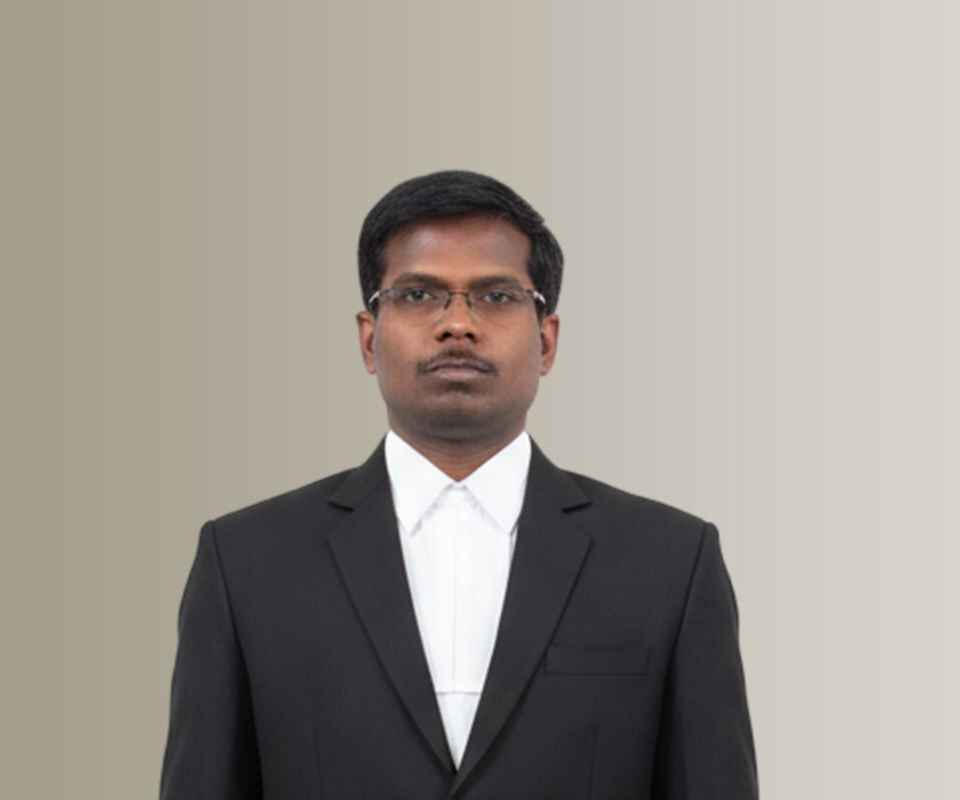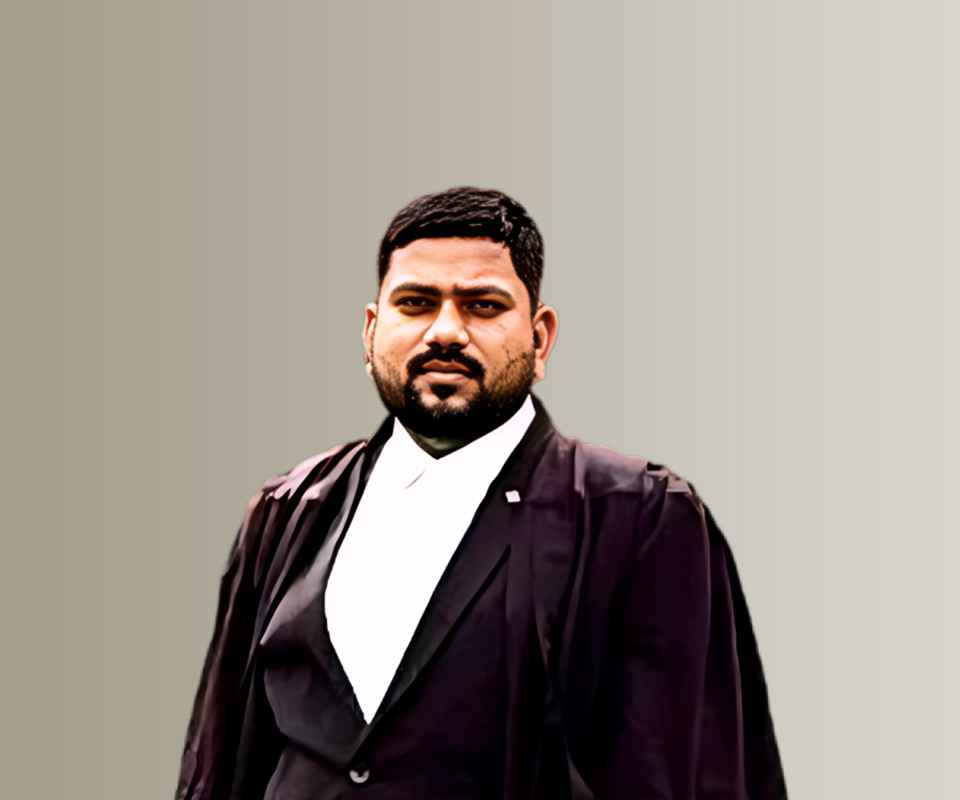Answer By law4u team
A forced marriage occurs when one or both parties are compelled to marry against their will, often through coercion, threats, or violence. In India, forced marriages are considered a violation of an individual’s fundamental rights, including the right to freedom of choice and personal liberty. Victims of forced marriages can seek legal help through various mechanisms under Indian law, which offer protection and avenues for annulment, separation, or criminal action.
1. Legal Protections and Remedies Under Indian Law:
- a. File a Complaint with the Police:
- Section 366A of the Indian Penal Code (IPC) criminalizes the abduction or compulsion to marry. If a person is coerced into marriage, they can lodge a police complaint for forced marriage under this section. This offense is punishable with imprisonment of up to 10 years and a fine.
- If the victim is a minor, the perpetrator can be charged under Section 375 (rape) and Section 366 (kidnapping) of the IPC, which carries severe punishment.
- b. Protection Under the Protection of Women from Domestic Violence Act, 2005:
- If the victim faces abuse or violence in a forced marriage, they can seek relief under the Protection of Women from Domestic Violence Act. This law provides protection orders, residence orders, monetary relief, and compensation to victims of domestic violence, including those forced into marriage.
- A victim can also seek a protection order from a Magistrate if they are facing threats or violence from their spouse or in-laws.
- c. Filing for Annulment of the Marriage:
- A victim of forced marriage can file a petition for annulment of the marriage under Section 12 of the Hindu Marriage Act, 1955 (for Hindus) or the Special Marriage Act, 1954 (for other communities). Annulment declares the marriage voidable and invalid, and the victim can seek dissolution of the marriage due to coercion or fraud.
- If a marriage is forced or obtained through deceit, the court can declare the marriage null and void based on the victim’s lack of free consent.
- d. Filing a Petition Under Section 498A of the IPC:
- Section 498A of the IPC protects women from cruelty by their husband or in-laws. If the victim faces harassment, violence, or dowry-related pressure in a forced marriage, they can file a case under this section for cruelty, leading to legal action against the abusers.
2. Approaching Family Courts:
A victim of forced marriage can approach the family court for relief in the form of maintenance, child custody, and separation from the spouse. Courts can also issue orders for protection and compensation for the victim in cases of forced or abusive marriage.
3. Seeking Help from NGOs and Support Organizations:
Several non-governmental organizations (NGOs) and women’s rights groups work to support victims of forced marriages. These organizations provide legal aid, counseling, and shelter for those in distress. Help lines such as the National Commission for Women (NCW) and Childline can be contacted for guidance and immediate assistance.
4. Child Marriage Act (for Minor Victims):
If the victim is a minor, the Prohibition of Child Marriage Act, 2006 can be invoked. The law allows the nullification of child marriages and provides support for the minor victim, including protection and rehabilitation. Parents or guardians of a minor who is forced into marriage can seek the intervention of the law to annul the marriage and provide the minor with support.
5. Filing for Protection and Restraining Orders:
A victim of a forced marriage can file for a restraining order or protection order under Section 22 of the Domestic Violence Act to prevent their spouse or family from further harassment or violence. These orders can also prevent the spouse or family from approaching the victim or engaging in further coercion.
Example:
Suppose a woman is forced into marriage by her parents against her will. After realizing she was coerced, she can file a police complaint under Section 366A IPC. If she is being abused or harassed after the marriage, she can seek relief under the Domestic Violence Act for protection. She can also file a petition for annulment of the marriage under Section 12 of the Hindu Marriage Act, and the marriage may be declared void due to her lack of consent.
Conclusion:
Victims of forced marriages in India have several legal avenues to seek protection and justice. These include filing police complaints, seeking protection orders under the Domestic Violence Act, filing for annulment of the marriage, or utilizing provisions under the IPC for cruelty or abduction. Seeking help from NGOs, support organizations, and legal professionals can assist victims in navigating the legal process. It is crucial for victims to act quickly to safeguard their legal rights and seek protection from the authorities.







